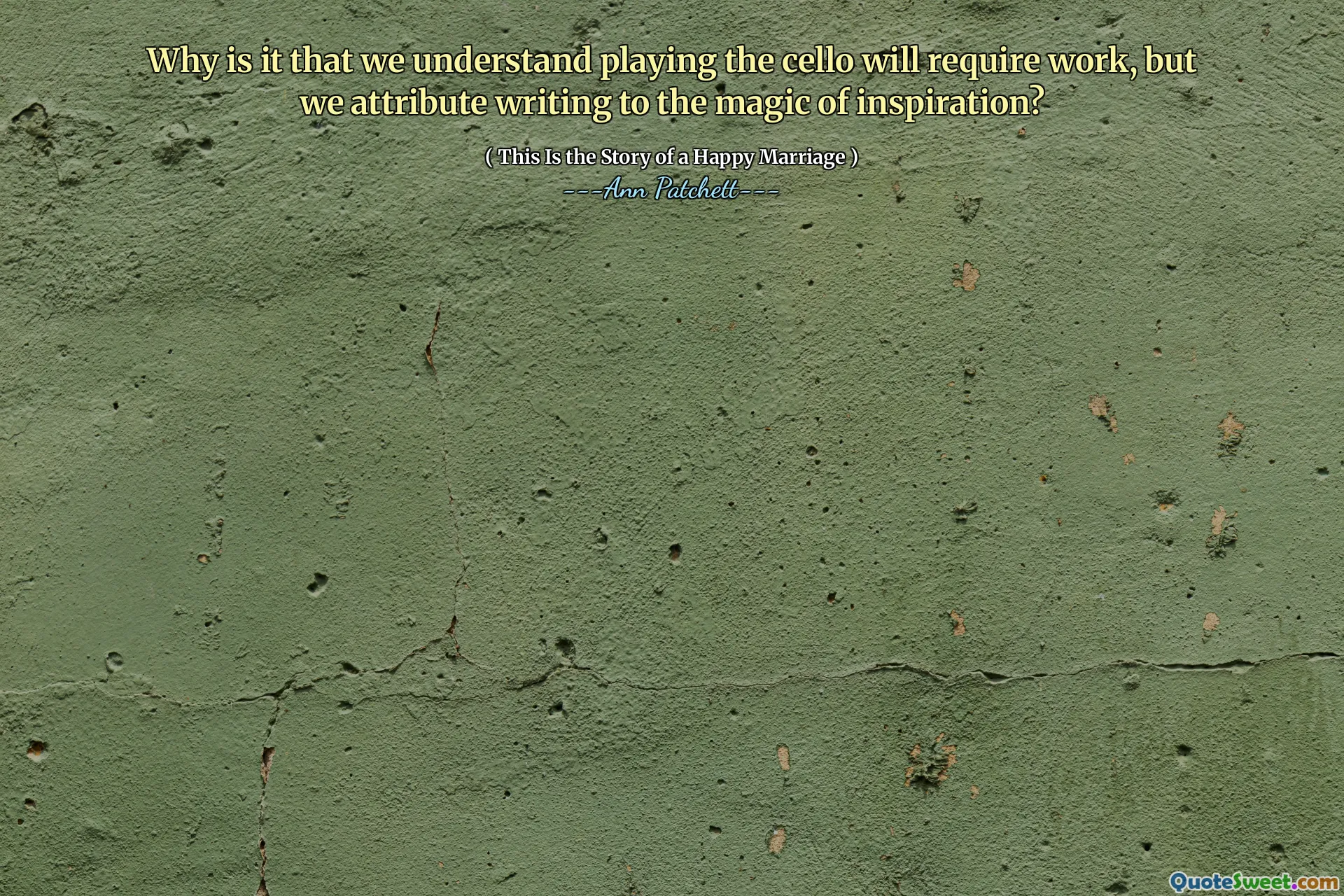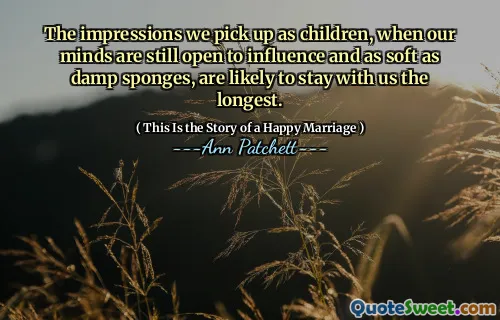
Why is it that we understand playing the cello will require work, but we attribute writing to the magic of inspiration?
This quote highlights a profound observation about human perception of creative and disciplined pursuits. We readily accept that mastering an instrument like the cello demands consistent effort, practice, and dedication. We recognize that the musician's skill is rooted in disciplined work, hours of painstaking effort, and a commitment to growth. In contrast, when it comes to writing, many tend to believe that inspiration — that elusive moment of genius — is the primary catalyst, downplaying the necessary diligence involved. This disparity reveals an interesting cognitive bias: we often glorify the end product or the fleeting moment of inspiration rather than appreciating the process that leads to excellence.
The discrepancy also touches on societal attitudes towards different forms of creation. Artistic work on the cello is viewed as a craft, something to be honed through perseverance, discipline, and technical mastery. Writing, however, is romantically associated with inspiration and spontaneity, often seen as a divine gift rather than a skill that can be cultivated through deliberate practice. Both pursuits require significant effort; the difference lies in how society valorizes the process versus the perceived magic.
Understanding this distinction can be empowering for creators. Recognizing that inspiration is an important, but not solitary, factor in the act of writing allows writers to approach their craft with patience and consistency. It reminds us that achievements often appear magical because they are the culmination of sustained effort, nurturing what is believed to be innate talent through perseverance. This perspective encourages a shift from waiting for inspiration to actively creating the conditions for its emergence, embracing the grind as an integral part of the art.
In essence, the quote challenges us to reconsider our perceptions of creativity and effort. It underscores the importance of valuing discipline as much as inspiration and perhaps even recognizing that what looks effortless on the surface is often the result of relentless work behind the scenes.








